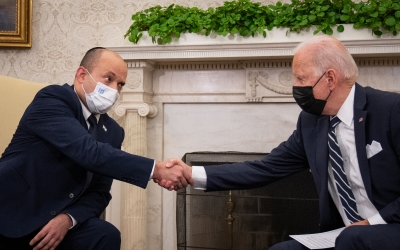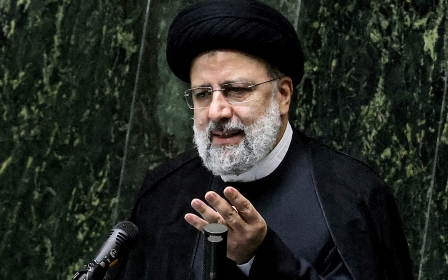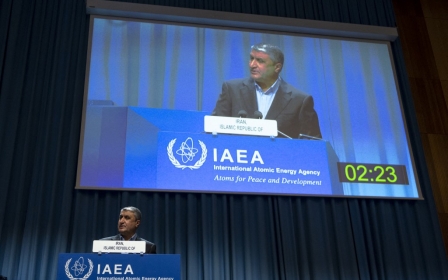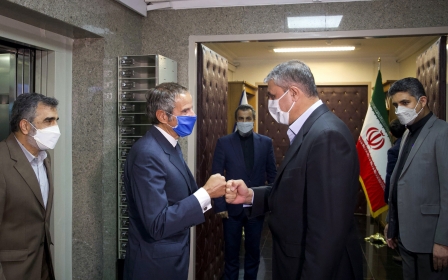US weighing all options if Iran does not return to nuclear deal, envoy says
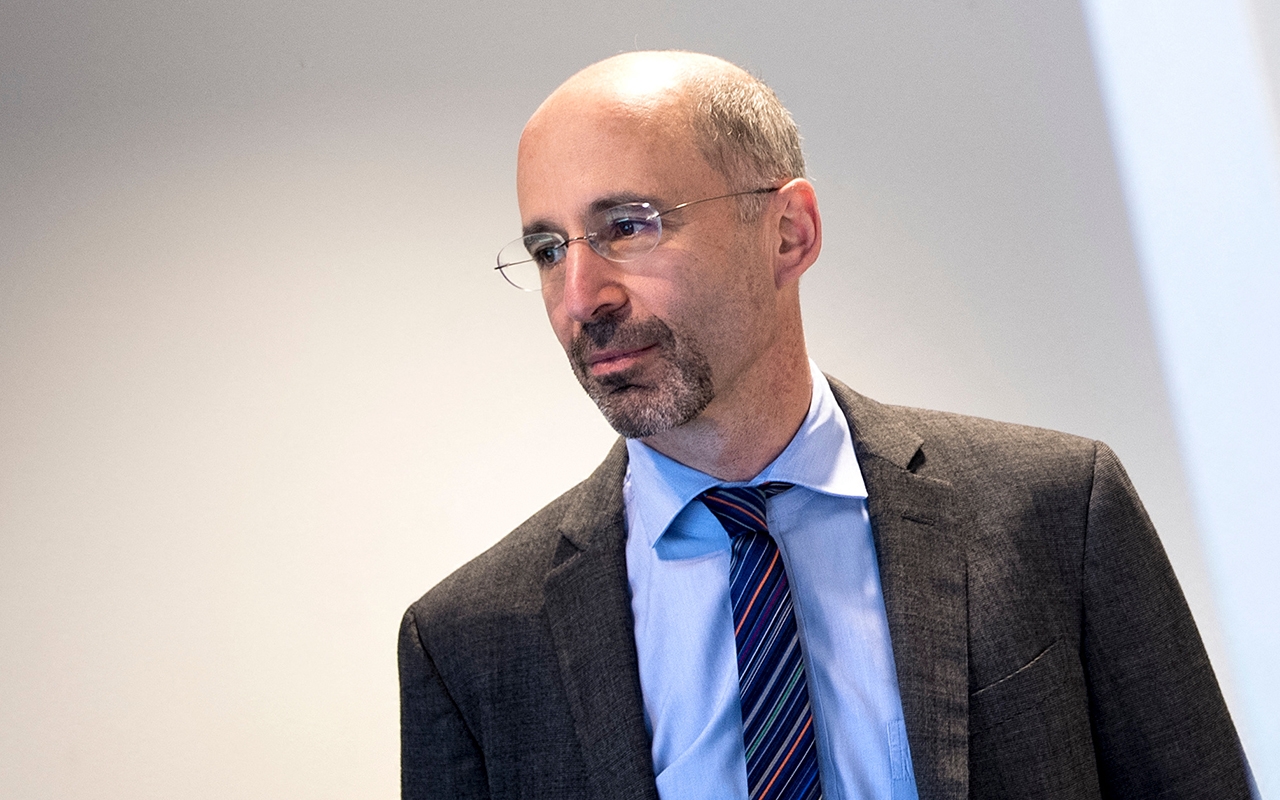
The United States is ready to consider all options if Iran is not willing to return to the constraints of the 2015 nuclear agreement, US special envoy Robert Malley said on Wednesday.
Speaking at an event hosted by the Carnegie Endowment for International Peace, Malley took a more cautionary tone in addressing the future of US-Iranian nuclear negotiations.
"We will be prepared to adjust to a different reality in which we have to deal with all options to address Iran's nuclear programme if it's not prepared to come back into the constraints of 2016," he said, referring to the year the Iran nuclear deal was put into effect.
In 2018, former US President Donald Trump left the nuclear agreement, known as the Joint Comprehensive Plan of Action (JCPOA), and reimposed devastating sanctions on Tehran.
Iran continued to abide by the agreement but since 2019 has reduced its commitments.
When President Joe Biden took office in January, he and his administration sought a return to the accord, but negotiations have hit an impasse. The last round of negotiations ended in June without a set date for the next round.
Malley, who has been leading the negotiations for the Biden administration, said that early on Washington had made it clear to Iran that if it returned to compliance under the JCPOA, the US would lift all sanctions inconsistent with the deal.
Malley called this a "major confidence-building measure". However, US Secretary of State Antony Blinken noted in June that hundreds of additional sanctions relating to Tehran's "destabilising" behaviour would remain.
In August, during a visit by Israeli Prime Minister Naftali Bennett, Biden also spoke of the availability of "other options" should negotiations with Iran fail.
Iran's new hardline president, Ebrahim Raisi, has said the Islamic Republic is prepared to return to the negotiating table, but not under western "pressure".
Coordinating with Israel, Gulf allies
The US envoy noted that despite the lack of progress in nuclear negotiations, there appear to be positive developments taking place in the region, pointing out a series of interactions between Gulf countries and Iran.
Saudi and Iranian officials reportedly met in Baghdad in April to discuss their bitter rivalry, and Abu Dhabi conducted secret communications with Tehran, according to a report by the London-based Al-Araby al-Jadeed newspaper.
"Iran's neighbours are now engaging with Iran. Saudi Arabia, United Arab Emirates, all of the other countries of the Gulf Cooperation Council are now having interactions with Iran," Malley said.
"Those can in fact lead to greater de-escalation if we use them in a proper way and create more incentives to address the nuclear crisis with Iran."
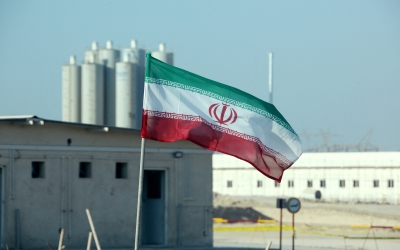
He made it clear that the US needs to coordinate with its allies in the Middle East to come up with ways to address Iran's nuclear programme, if negotiations fall through completely.
"We're realistic. We know that there is every possibility that Iran will choose a different path. And we need to coordinate with Israel and other partners in the region," Malley said.
The envoy added that he will be travelling to Saudi Arabia, the United Arab Emirates, and Qatar in the next few days to also coordinate with them over the efforts to return to the deal, and also discuss "what options we have to control Iran's nuclear programme if we can't achieve that goal".
Secretary Blinken is also meeting with Israeli Foreign Minister Yair Lapid and UAE Foreign Minister Sheikh Abdullah Bin Zayed al-Nahyan on Wednesday, where Malley said they will also be discussing this same issue.
Speaking alongside Israeli Foreign Minister Yair Lapid and UAE Foreign Minister Sheikh Abdullah Bin Zayed al-Nahyan on Wednesday, Blinken said that "time is running short" on an Iranian return to full compliance, but stressed that Washington believes "the diplomatic path is the most effective way to ensure" Tehran does not acquire nuclear weapons.
"What we're seeing from Tehran suggests that they're not" ready to return to the nuclear deal, Blinken said. "We're getting closer to a point where returning to full compliance with the JCPOA will not recapture" the benefits of the nuclear deal.
Lapid said: "Every day that passes, every delay in the negotiations, brings Iran closer to a nuclear bomb. If a terror regime is going to acquire a nuclear weapon, we must act. We must make clear that the civilised world won't allow it."
Middle East Eye delivers independent and unrivalled coverage and analysis of the Middle East, North Africa and beyond. To learn more about republishing this content and the associated fees, please fill out this form. More about MEE can be found here.


